- Join the Best Cloud Computing Training Institute to Master Cloud Infrastructure, Deployment.
- Complete Cloud Computing Training – Covers AWS, Azure, Google Cloud and DevOps.
- Work on Real-time Projects and Build in-demand Skills Through Practical, Hands-on Experience.
- Choose From Flexible Learning Modes Weekday, Weekend or Fast-track Batches.
- Earn Industry-recognized Cloud Computing Certification Course With Job Placements.
- Get Complete Guidance for Resume Building, Interview Preparation and Career Strategies.
Join Our 100% Job Guaranteed
Cloud Computing Course
WANT IT JOB
Become a Cloud Computing in 3 Months
Freshers Salary
3 LPA
To8 LPA
Quality Training With Affordable Fees!

INR
36,000
INR 16,500

11845+
(Placed)
5525+
(Placed)
8816+
(Placed)
4481+
(Placed)
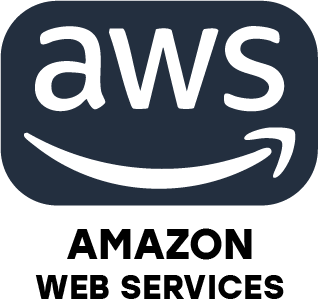

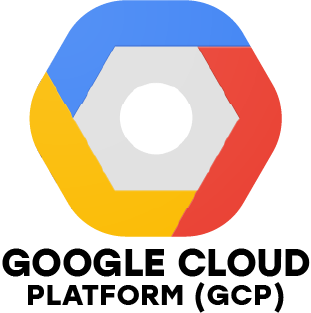
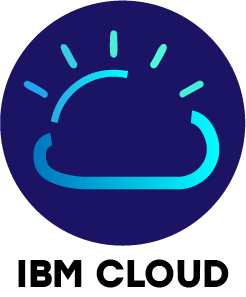


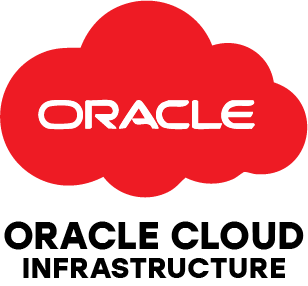
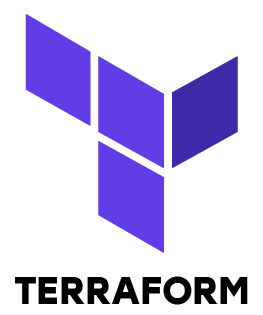

















 Chennai Location
Chennai Location Bangalore Location
Bangalore Location